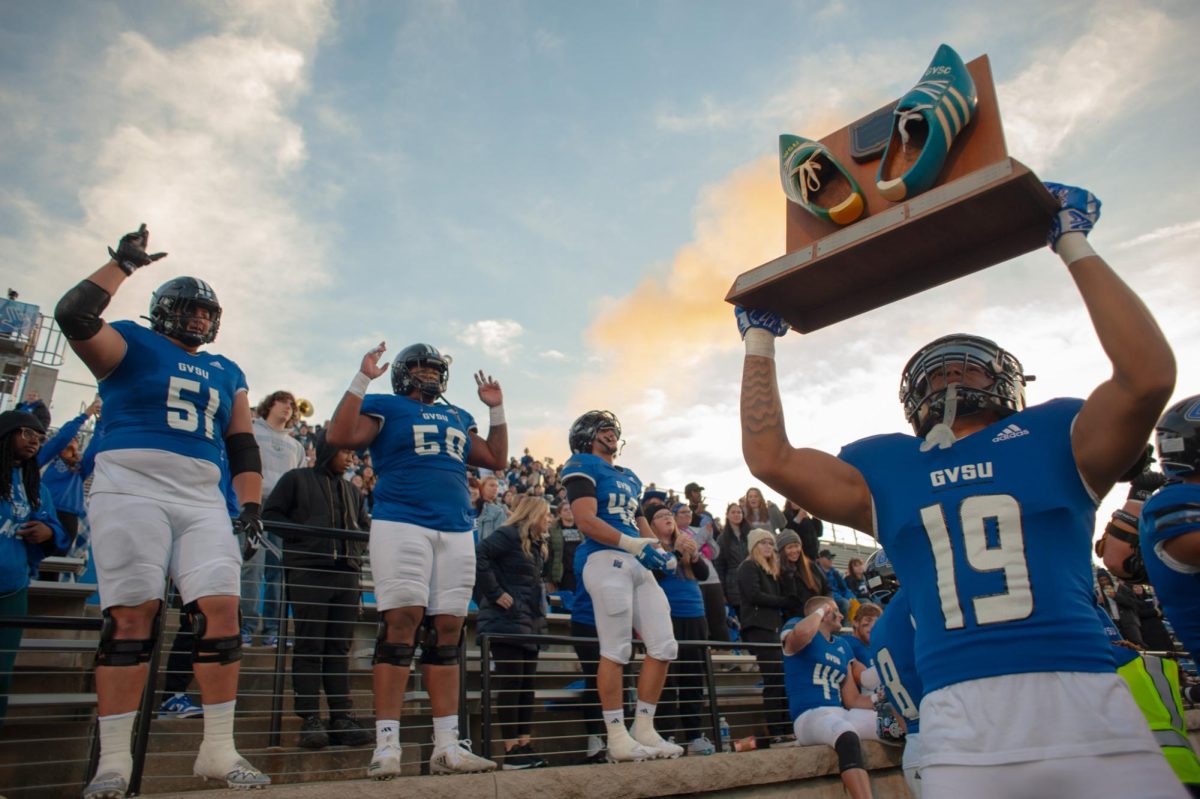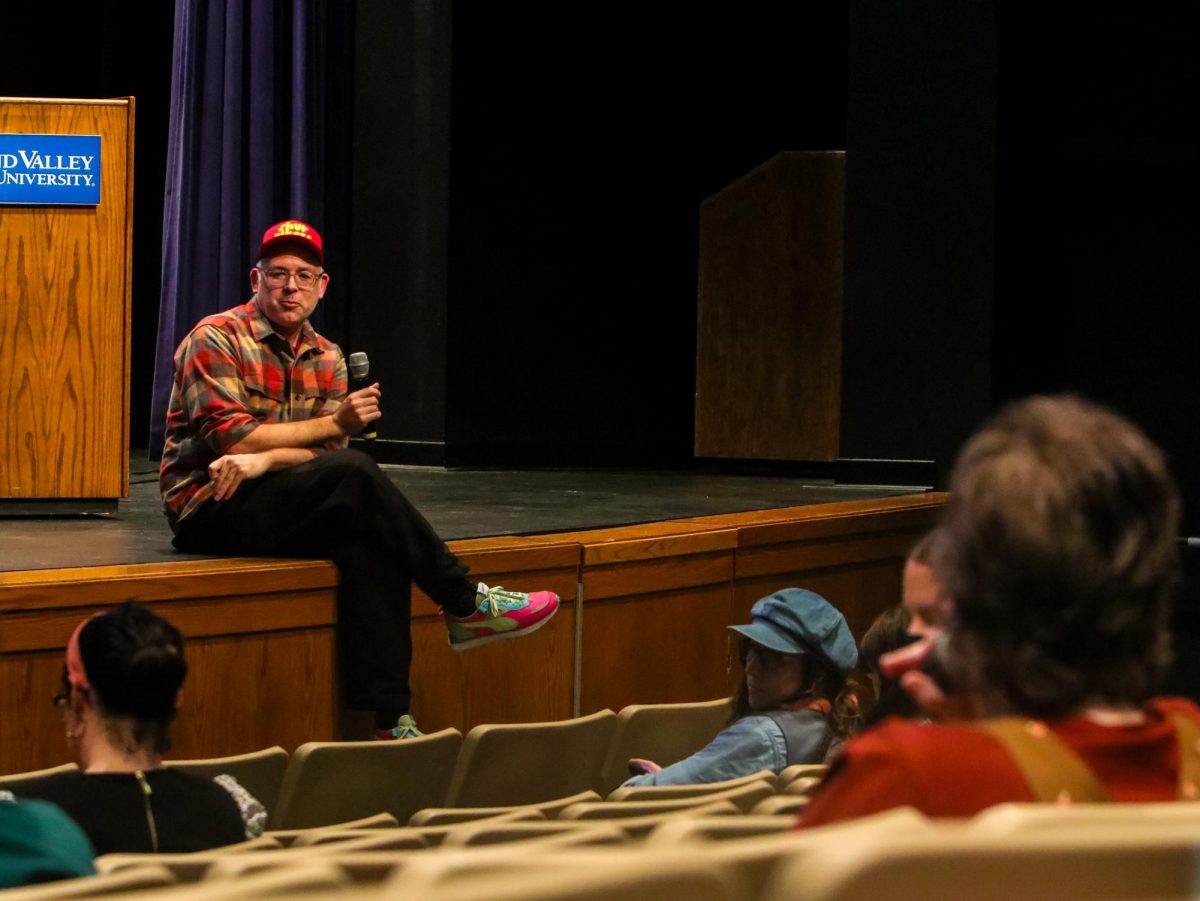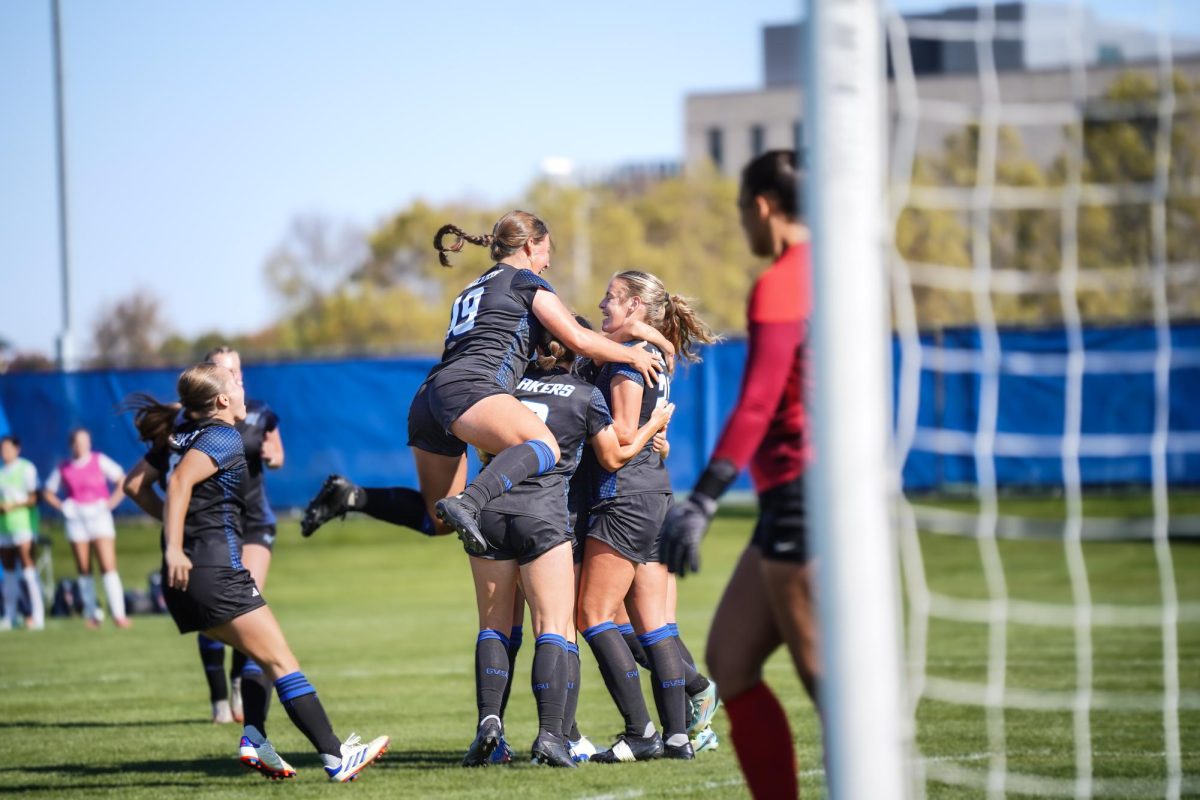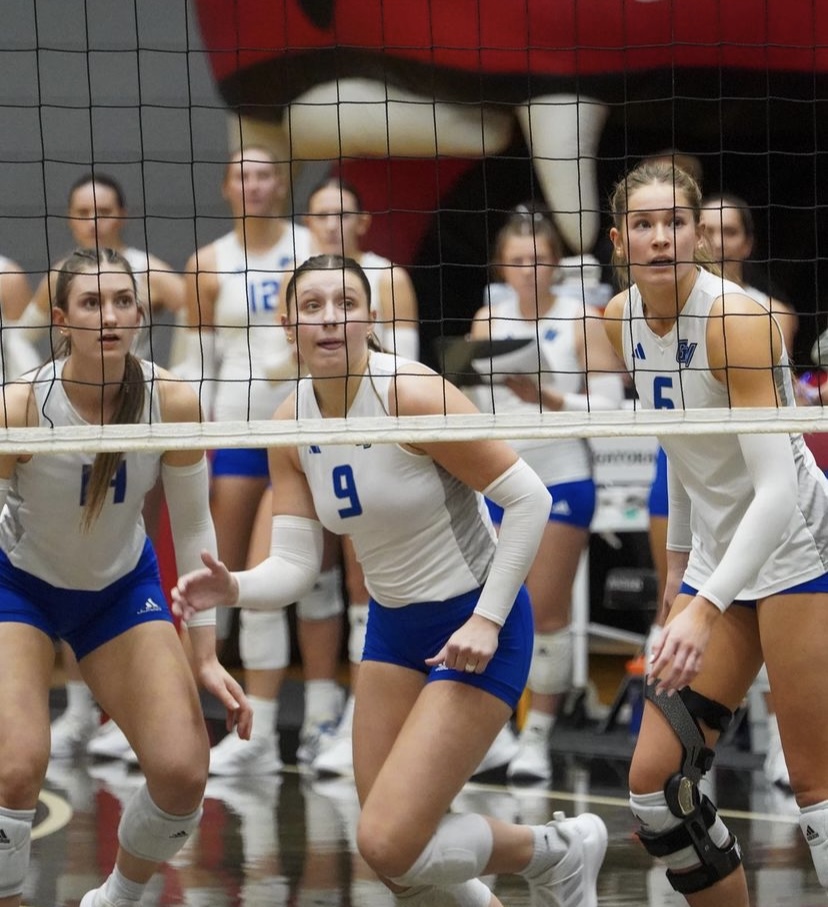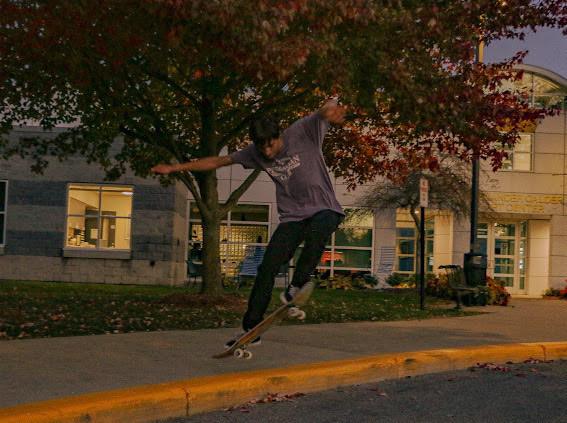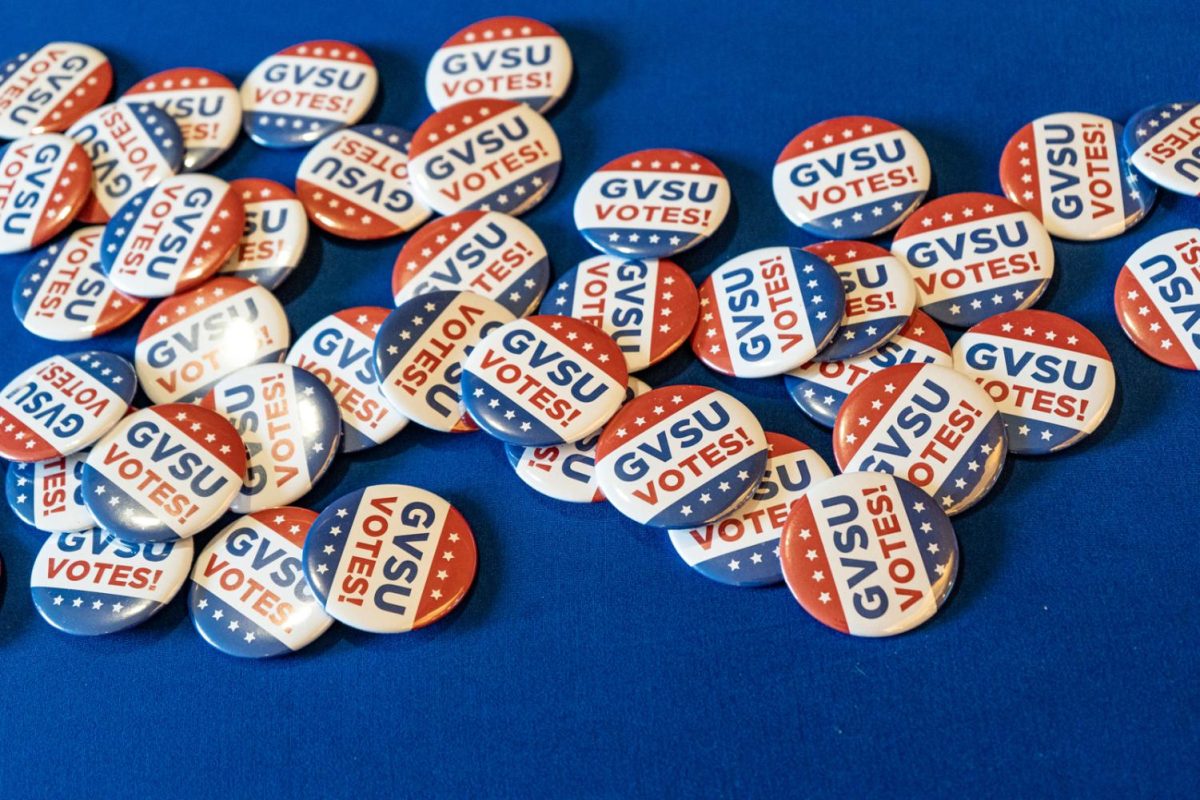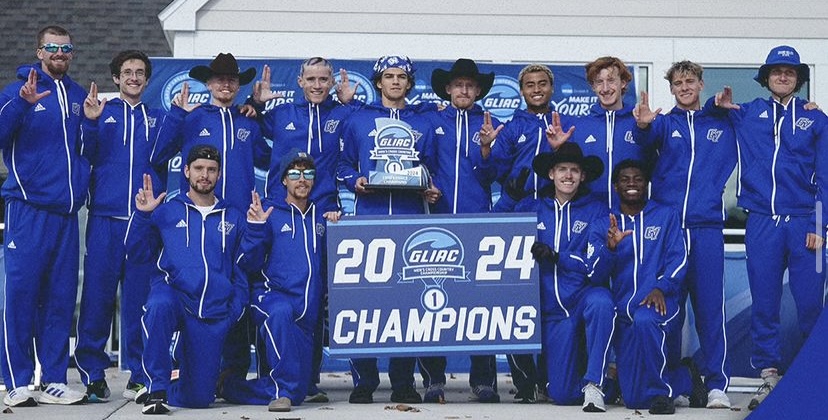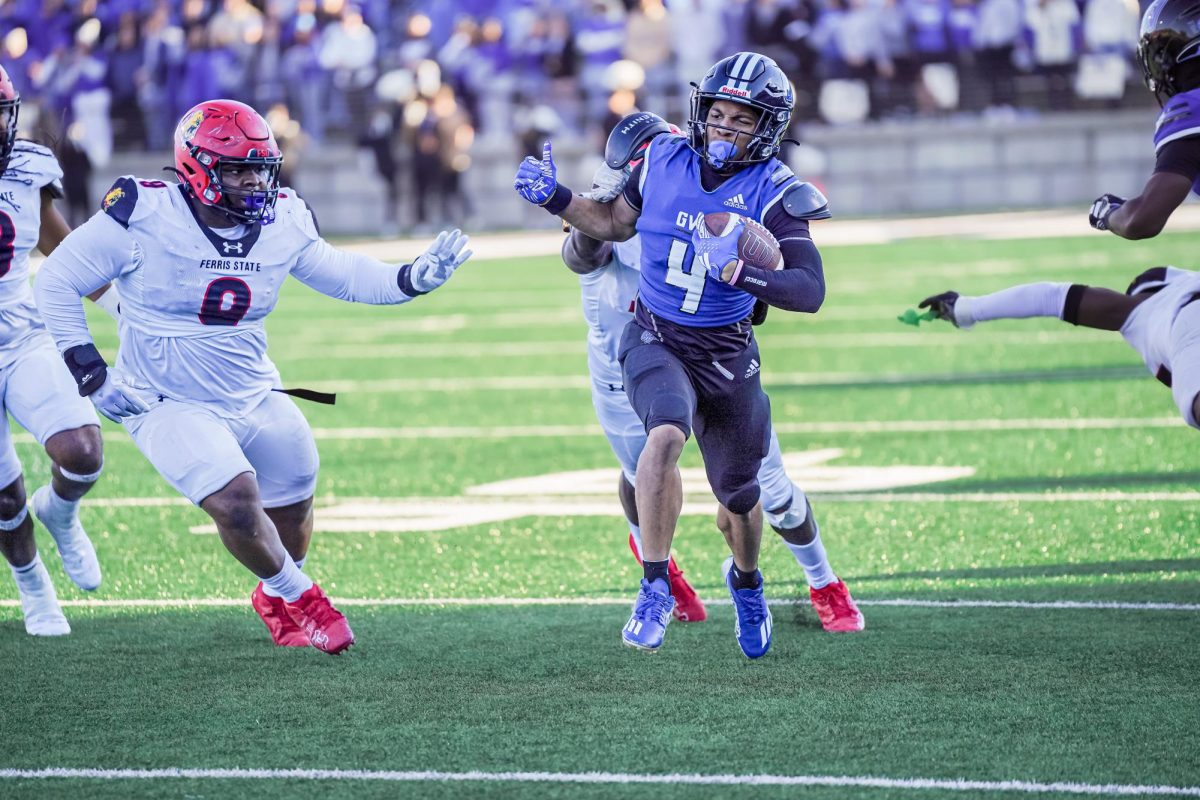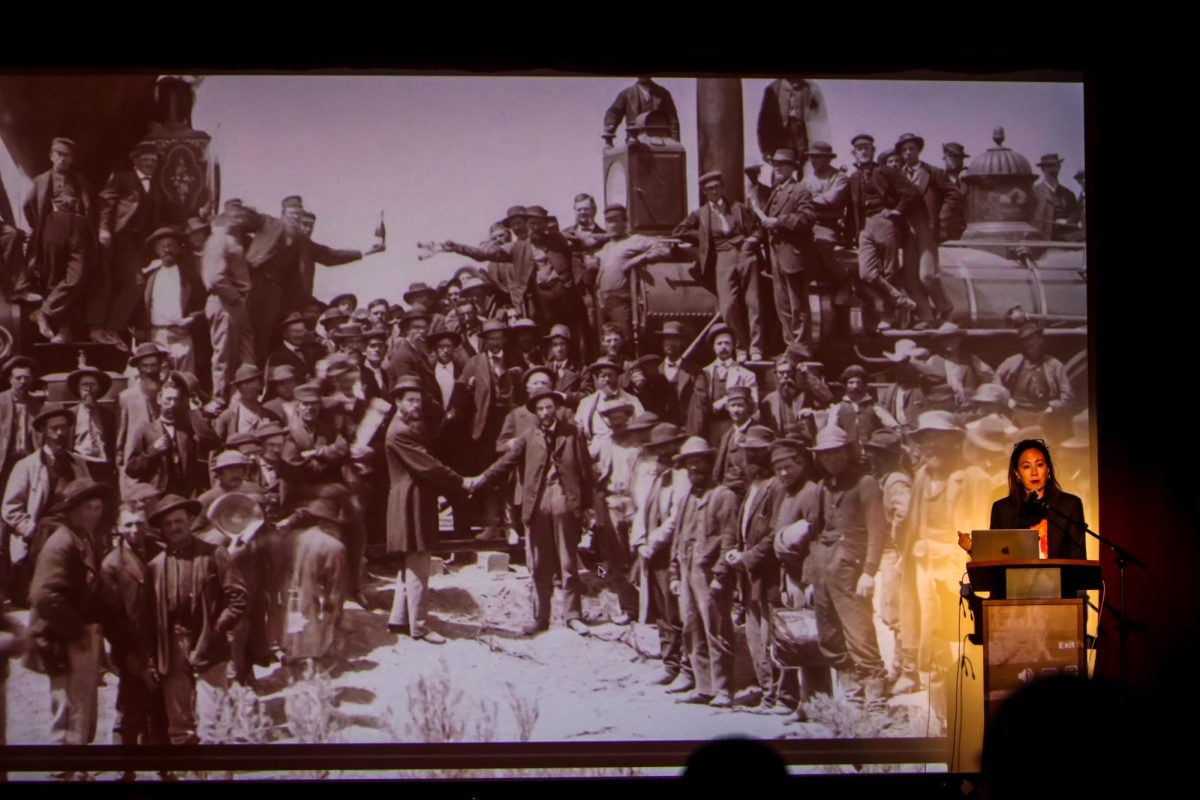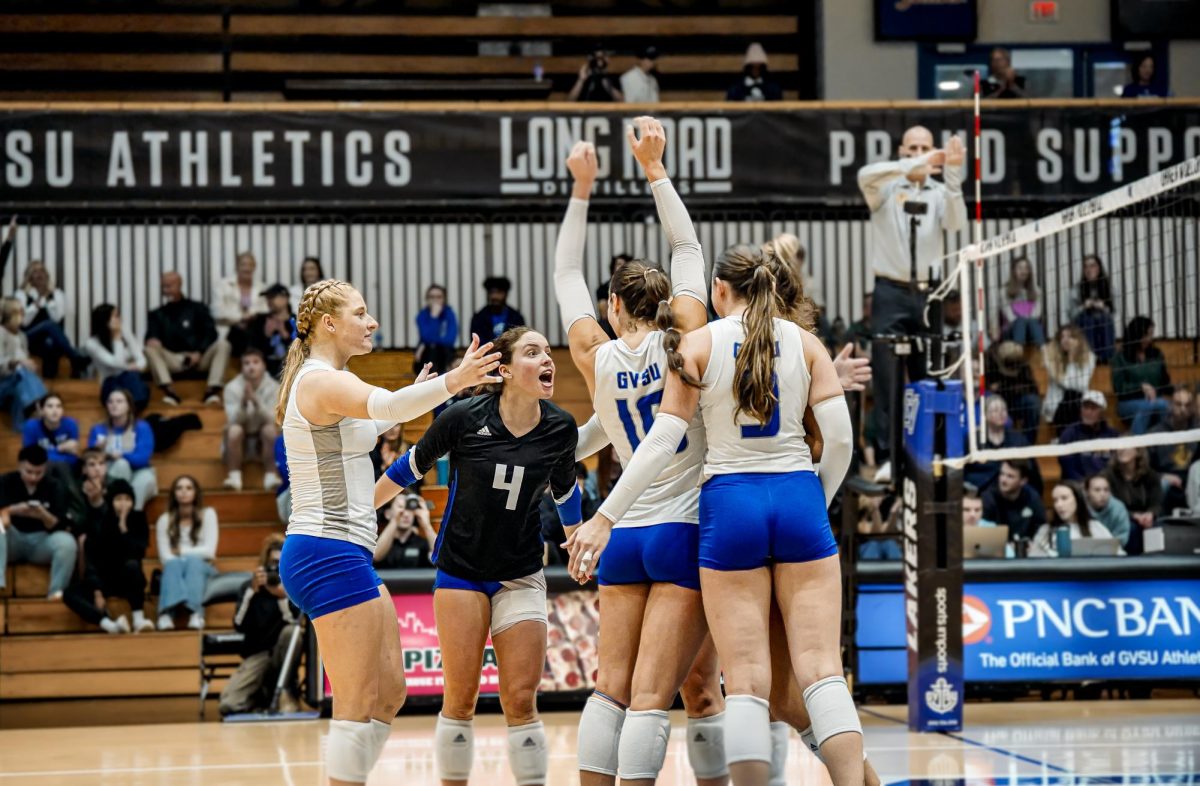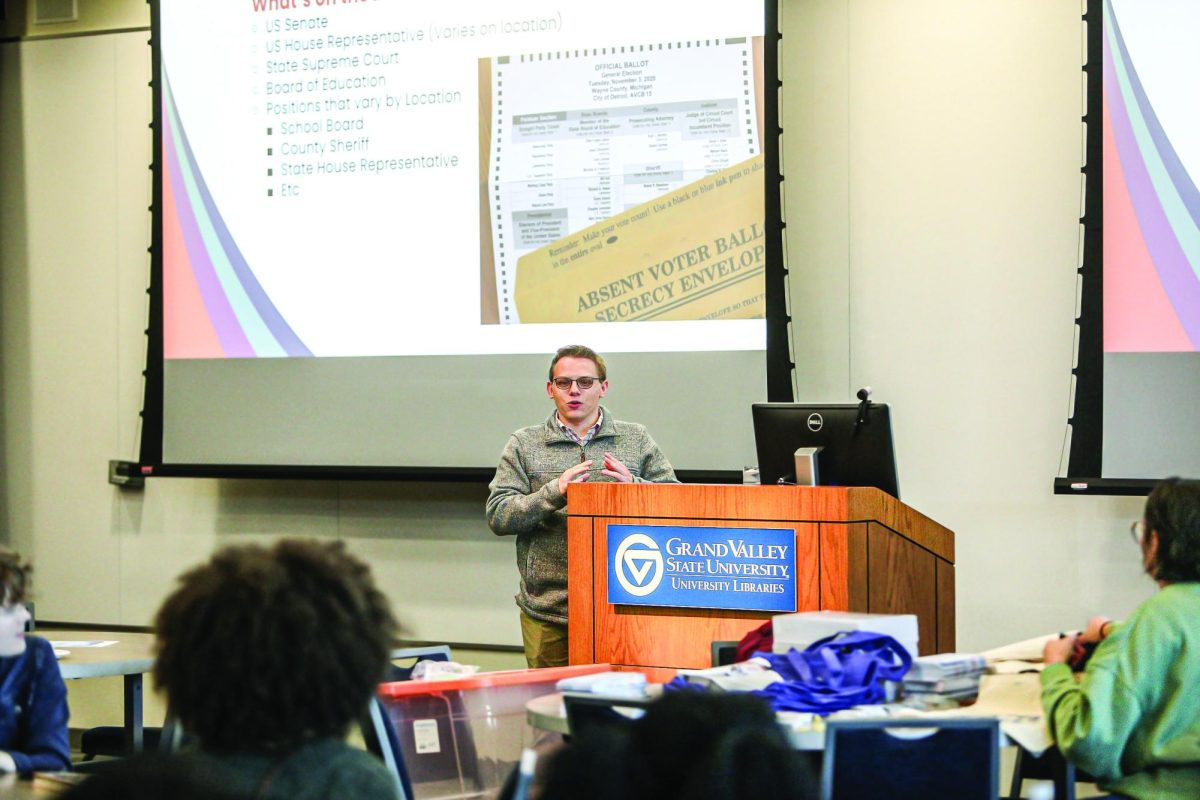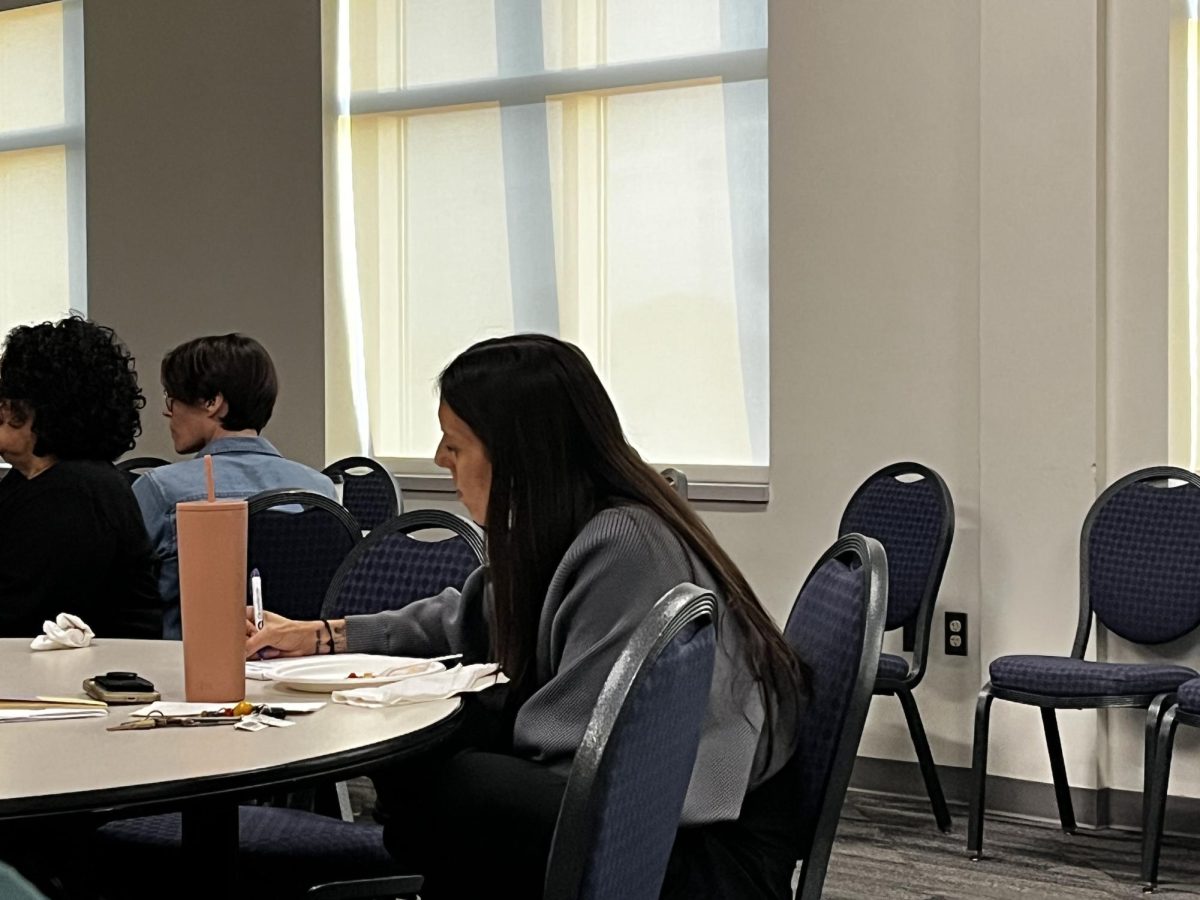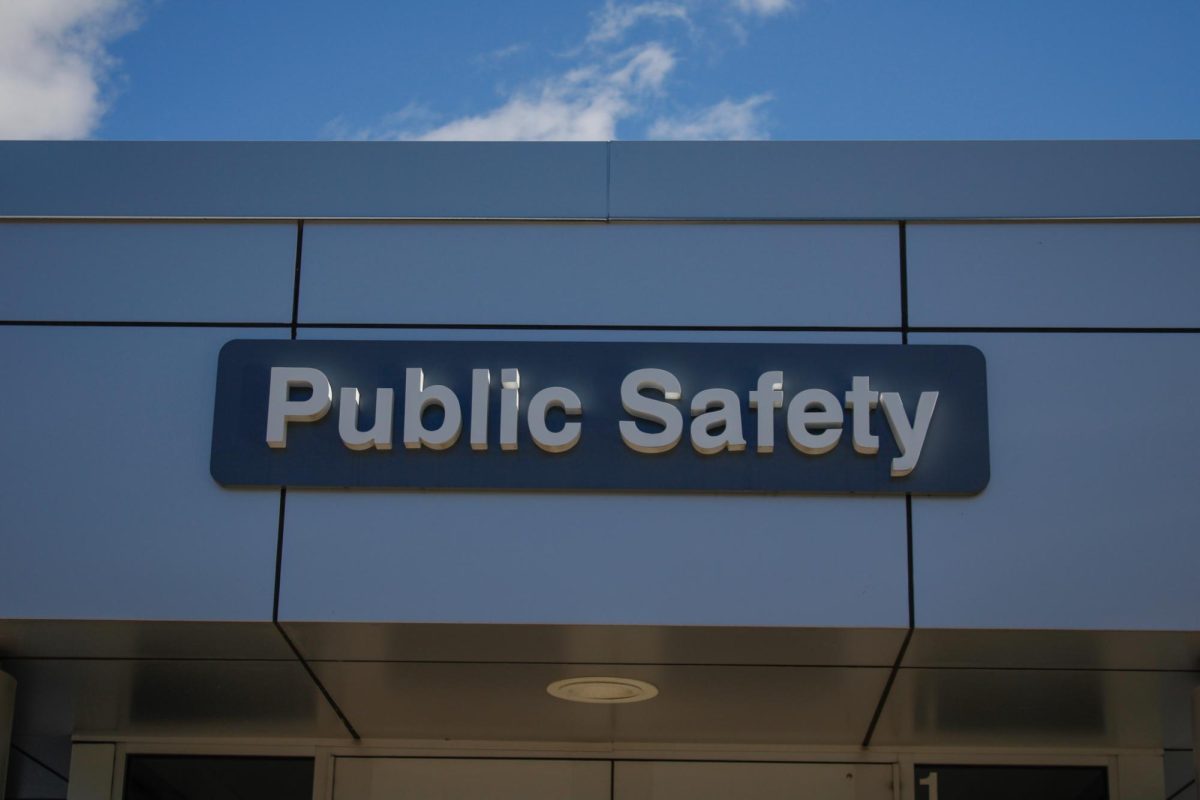Creating a civil policy
Nov 13, 2013
The Civil Conduct Task Force was created this year by the Executive Committee of the Senate to form an anti-bullying policy at Grand Valley State University.
Once the task force has finished drafting its policy, the proposal will go to appropriate faculty, staff and student governing bodies to be reviewed, said Neil Rogness, chair of the Civil Conduct Task Force.
“Sadly, one doesn’t have to look far to find individuals who feel they’ve been bullied in the workplace or school—a form of non-civil conduct,” Rogness said. “I see the policy resulting in a win-win outcome, as it is another way in which to make GVSU an even better place than it already is.”
After the policy has been reviewed and is determined to meet the civil conduct expectations of all university members, Rogness said it will be adopted as policy by the university.
“Having a clearly articulated policy that speaks to the expectation of civil conduct toward others communicates to everyone, including current and future students and current and future university employees, a sense of value about who we are at GVSU,” Rogness said.
The task force, which is made up of 25 faculty, staff and student members, is working to create a definition for “civil conduct” that encompasses all university members. The responsibility for creating that definition belongs to the task force’s Definition Subgroup.
John Lipford, hospitality and tourism management professor at GVSU, represents the College of Community and Public Service as part of the Definition Subgroup.
Lipford used to be an employment discrimination and civil rights attorney, and he currently incorporates his experience into addressing the frequency of bullying in the workplace during each semester. He said many cases he worked on as an attorney involved situations similar to those the task force is trying to prevent.
“Many actions which may be perceived as bullying, or non-civil conduct, in the workplace are not necessarily unlawful, and they are usually covert,” Lipford said. “Nevertheless, the ramifications of such actions on the victims or targets are often times no different than the psychological effect on those employees who face discrimination, sexual harassment or other statutorily unlawful actions at work.”
Another subgroup of the task force is the Action Subgroup. This subgroup is dedicated to coming up with appropriate paths for intervention when a non-civil act occurs, Lipford said.
“No matter who the ‘actor,’ behavior which is demeaning, intimidating, threatening or violent affects everyone’s ability to function in an academic environment,” Lipford said.
The task force will meet three more times this semester.



